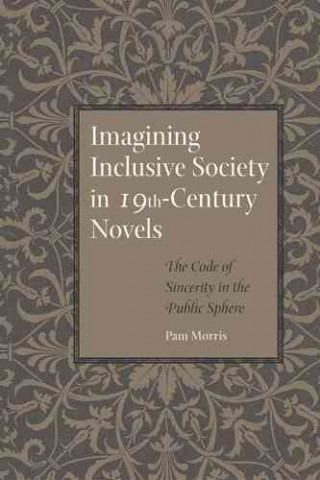
Kód: 04709438
Imagining Inclusive Society in Nineteenth-century Novels
Autor Pam Morris
In Imagining Inclusive Society in Nineteenth-Century Novels, Pam Morris traces a dramatic transformation of British public consciousness that occurred between the Reform Acts of 1832 and 1867. This brief period saw a shift from a ... celý popis
- Jazyk:
 Angličtina
Angličtina - Vazba: Pevná
- Počet stran: 272
Nakladatelství: Johns Hopkins University Press, 2004
- Více informací o knize

1681 Kč

Skladem u dodavatele v malém množství
Odesíláme za 10-14 dnů
Potřebujete více kusů?Máte-li zájem o více kusů, prověřte, prosím, nejprve dostupnost titulu na naši zákaznické podpoře.
Přidat mezi přání
Mohlo by se vám také líbit
-

Double Danger
252 Kč -

Love Visions
403 Kč -

My Name is Mina
223 Kč -

Action Modality Couples Therapy
4036 Kč -

Anticancer Drug Development Guide
5094 Kč
Dárkový poukaz: Radost zaručena
- Darujte poukaz v libovolné hodnotě a my se postaráme o zbytek.
- Poukaz se vztahuje na celou naši nabídku.
- Elektronický poukaz vytisknete z e-mailu a můžete ihned darovat.
- Platnost poukazu je 12 měsíců od data vystavení.
Více informací o knize Imagining Inclusive Society in Nineteenth-century Novels
Nákupem získáte 168 bodů
 Anotace knihy
Anotace knihy
In Imagining Inclusive Society in Nineteenth-Century Novels, Pam Morris traces a dramatic transformation of British public consciousness that occurred between the Reform Acts of 1832 and 1867. This brief period saw a shift from a naturalized acceptance of social hierarchy to a general imagining of a modern mass culture. Central to this collective revisioning of social relations was the pressure to restyle political leadership in terms of popular legitimacy, to develop a more inclusive mode of discourse within an increasingly heterogeneous public sphere and to find new ways of inscribing social distinctions and exclusions. Morris argues that in the transformed public sphere of mid-nineteenth-century Britain, the urbane code of civility collapsed under the strain of the conflicting interests that constitute mass society. It was replaced by a "code of sincerity," often manipulative and always ideological in that its inclusiveness was based upon a formally egalitarian assumption of mutual interiorities. The irresistible movement toward mass politics shifted the location of power into the public domain. Increasingly, national leaders sought to gain legitimacy by projecting a performance of charismatic "sincerity" as a flattering and insinuating mode of address to mass audiences. Yet, by the latter decades of the century, while the code of sincerity continued to dominate popular and political culture, traditional political and intellectual elites were reinscribing social distinctions and exclusions. They did so both culturally-by articulating sensibility as skepticism, irony, and aestheticism-and scientifically-by introducing evolutionist notions of sensibility and attaching these to a rigorous disciplinary code of bodily visuality. Through an intensive, intertextual reading of six key novels (Bronte's Shirley, Thackeray's Henry Esmond, Dickens's Bleak House and Our Mutual Friend, Gaskell's North and South, and Eliot's Romola) and an array of Victorian periodicals and political essays, Morris analyzes just how actively novelists engaged in these social transformations. Drawing on a wide range of literary, cultural, and historical thinkers-Jurgen Habermas, Michel Foucault, Benedict Anderson, Mary Poovey, and Charles Tilly-Morris makes an original and highly sophisticated contribution to our understanding of the complex and always contested processes of imagining social inclusiveness.
 Parametry knihy
Parametry knihy
Zařazení knihy Knihy v angličtině Society & social sciences Society & culture: general Social issues & processes
1681 Kč
- Plný název: Imagining Inclusive Society in Nineteenth-century Novels
- Podnázev: The Code of Sincerity in the Public Sphere
- Autor: Pam Morris
- Jazyk:
 Angličtina
Angličtina - Vazba: Pevná
- Počet stran: 272
- EAN: 9780801879111
- ID: 04709438
- Nakladatelství: Johns Hopkins University Press
- Hmotnost: 499 g
- Rozměry: 229 × 152 × 20 mm
- Datum vydání: 07. September 2004
Oblíbené z jiného soudku
-

The Second Sex
213 Kč -
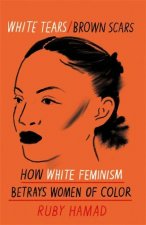
White Tears Brown Scars
302 Kč -

When Helping Hurts
345 Kč -
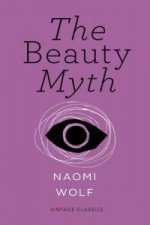
The Beauty Myth
181 Kč -
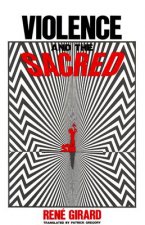
Violence and the Sacred
969 Kč -

Wolf Nation
794 Kč -

Good Immigrant
334 Kč -

Stuart
303 Kč -

Population Wars
409 Kč -

The Lucifer Effect
454 Kč -

Superforecasting
323 Kč -

Sensate Focus in Sex Therapy
1021 Kč -

Pleasure Activism
414 Kč -

Drama Of Being A Child
276 Kč -

Alcoholics Anonymous Big Book
603 Kč -

Vulture
432 Kč -
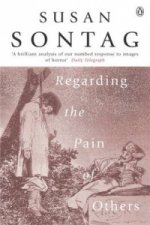
Regarding the Pain of Others
303 Kč -
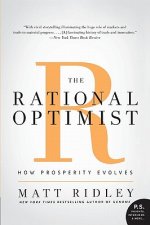
Rational Optimist
400 Kč -

Poor Economics
323 Kč -

Violence
323 Kč -

Psychopath Free
412 Kč -

Shock Doctrine
433 Kč -

The Divide
323 Kč -

Silently Seduced
318 Kč -

The Feminine Mystique
290 Kč -

Toxic Parents
357 Kč -

Soft Power
361 Kč -

Third Wave
240 Kč -
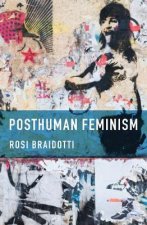
Posthuman Feminism
569 Kč -

No Logo
323 Kč -

Courage To Heal Workbook
611 Kč -

Illness as Metaphor and AIDS and Its Metaphors
357 Kč -

Down and Out in Paris and London
250 Kč -

Dopesick
213 Kč -

Presence
369 Kč -

Facing the Shadow
796 Kč -

Last Days at Hot Slit - The Radical Feminism of Andrea Dworkin
440 Kč -

A Room of One's Own
236 Kč -

Future Shock
240 Kč -
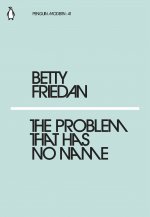
Problem that Has No Name
63 Kč -

Your Silence Will Not Protect You
384 Kč -

Social Animal
378 Kč -

Attention Merchants
334 Kč -

Who Cooked Adam Smith's Dinner?
303 Kč -

Stiff Upper Lip
303 Kč -

Power Elite
410 Kč -

Eternal Treblinka
576 Kč -

Go Ask Alice
250 Kč -
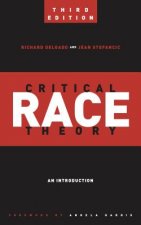
Critical Race Theory (Third Edition)
584 Kč
Osobní odběr Praha, Brno a 12903 dalších
Copyright ©2008-24 nejlevnejsi-knihy.cz Všechna práva vyhrazenaSoukromíCookies


 Vrácení do měsíce
Vrácení do měsíce 571 999 099 (8-15.30h)
571 999 099 (8-15.30h)